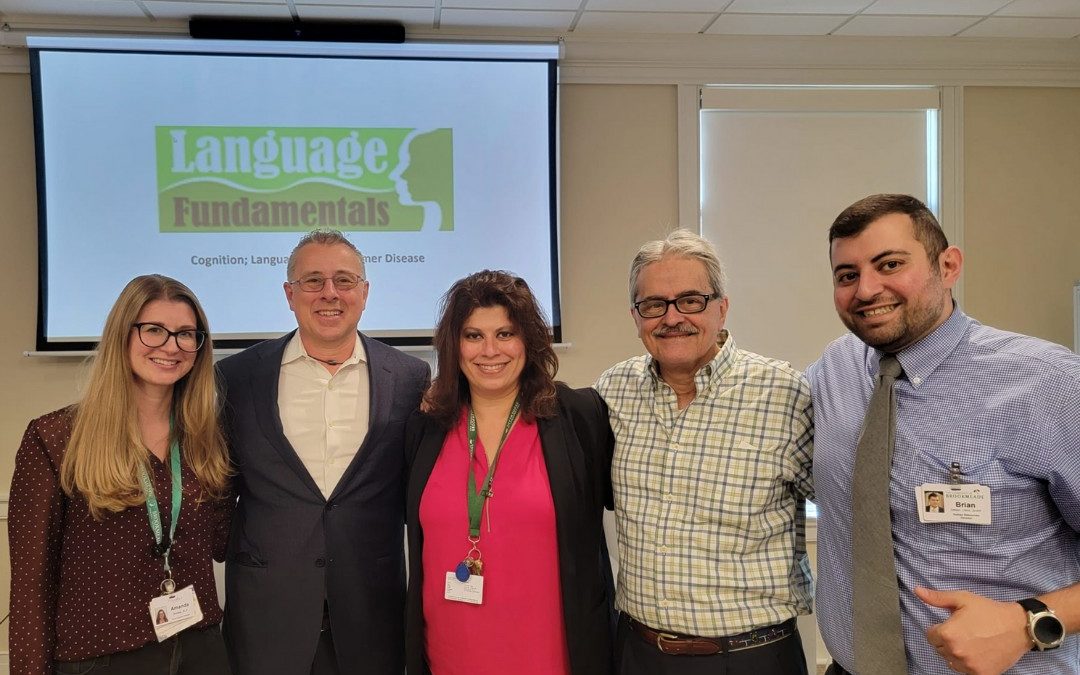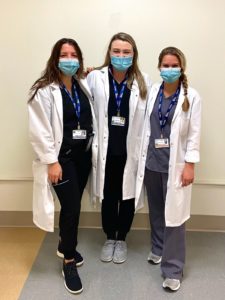“If the Human Brain Were So Simple That We Could Understand It, We Would Be So Simple That We Couldn’t” –Emerson Pugh
Our brains endlessly perceive, process, plan, organize and remember. Cognition, the mental process of acquiring knowledge and understanding through thought, experience, and the senses, has been studied and science has made tremendous leaps toward its understanding. Neuroplasticity is the ability of the brain to form and reorganize synaptic connections, especially in response to learning or experience or following injury.
Memory is a wonderful and complex process that allows you to store information in a way that you can remember later on. It is the way via which you recollect snippets of your childhood, various funny incidents from your past, what you ate for dinner, and the anatomy of the human body. It is essential for your personal development and makes you unique compared to those around you. In essence, memories make you, you.
Researchers have been studying our anatomy and how our brains are wired for a very long time. Every time researchers think they have mastered something we find out we only see a piece or portion. Like looking at the brain through a glass, darkly (Corinthians). We are getting better and today we will talk about cognition and Alzheimer’s disease as we know it today.
In 1997 George Grouios and his team published a paper on The effect of a simulated mental practice technique on free throw shooting accuracy of highly skilled basketball players (I think researchers were paid based specifically on the length of their title)
The results noted both groups improved by about the same amount, It was important for one very specific reason, it explains where Muscle memory truly is. Muscle memory lives in the brain, not the muscles. The brain controls everything your muscles do. It does this by activating specific neural pathways for each and every movement. These are functional pathways neurons working together to achieve a goal say you’re learning how to shoot a free throw.
About the Author:
Michael Webb is a graduate of The College of Saint Rose in Albany, NY with his master’s degree in Communication Disorders and more recently earned his Master of Healthcare Administration from the University of Ohio.
Michael serves as an instructor in the Communication Disorders Department at SUNY New Paltz, instructing graduate students in FEES.
Additionally, He served as a member of the department chair search committee for the newly developed State University of New York at Stony Brook University Communication Disorders program and was since appointed to the position of Clinical Instructor in the School of Health Technology and Management. In the fall of 2020, Michael began instructing Stony Brook’s first group of graduate-level speech therapy students.
While Michael continues to provide clinical services and perform flexible endoscopic evaluations, his role in Language Fundamentals includes both business and program development. In addition, he ensures regulatory compliances and how they relate to the hospitals and skilled nursing facilities for which Language Fundamentals’ provides service.



